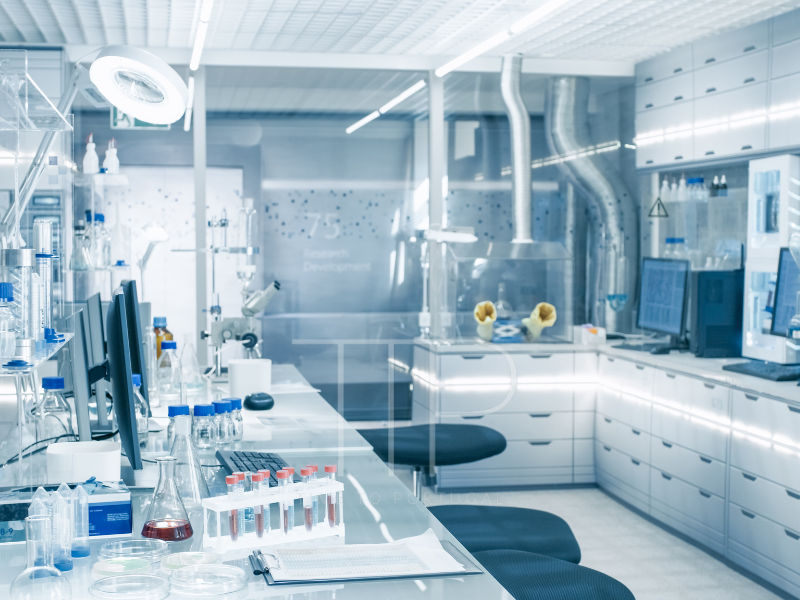Three research units of the University of Porto and one of the University of Beira Interior will merge into one that, bringing together more than 500 researchers, intends to find new solutions for cardiovascular, degenerative and inflammatory diseases, was revealed.
The RISE-Health results from the merger of the two research units of the Faculty of Medicine of the University of Porto, (CINTESIS and UnIC), from one of the Abel Salazar Institute of Biomedical Sciences (the MedInUP) and another from the Faculty of Health Sciences of the University of Beira Interior (CICS-UBI).
In a joint statement, the coordinators of the institutions clarify that, at the end of this year, the new research unit will integrate “more than 500 PhDs with skills in clinical and translation research, in digital health and artificial intelligence, biotechnologies and in biomedical innovation, in community health and in nursing research.
“Fruct of the unanimous strategic will of their respective coordinators and through a remarkable effort of gestational articulation and scientific complementarity among the researchers of these four units, this unprecedented merger will take place a natural increase in critical mass, in addition to providing greater synergies,” they emphasize.
The research unit will focus on “search for new knowledge and innovative solutions in relation to cardiovascular, degenerative and inflammatory diseases, which are ‘to major causes of mortality and morbidity in Portugal’.
RISE-Health will be based at the Faculty of Medicine of the University of Porto (FMUP) and will be coordinated by Fernando Schmitt, professor at FMUP.
The unit will have management centers in four organic units of the University of Porto (ICBAS, Faculty of Pharmacy, Faculty of Dental Medicine and Faculty of Nutrition), as well as 10 poles in five public universities (University of Trás-os-Montes and Alto Douro, University of Algarve, University of Aveiro, University of Beira Interior and University of Madeira) and in two private universities (Fourth University and Portucalense).
The unit will allow to “actively involve us in four medical schools and three nursing schools”.
“The RISE-Health also intends to become a good example of sustainable development of the national scientific system, presenting itself as an innovative, efficient and complementary solution to the model recommended, in the late 1980s, by Mariano Gago,” they say.
In 2025, the evaluation process of the Associated Laboratories is planned, and the RISE laboratory should be extinguished and give way to a new entity, called RISE-LA, which aims to “become to be the largest associated laboratory in the area of clinical medicine and health in Portugal”.

